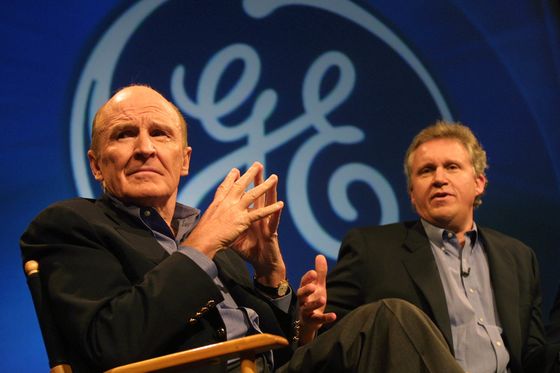Every person has the capability to be a leader. Along with coaching and diagnostic tools, it would be easy to identify obstacles that hold individuals back. There are multiple characteristics and skills needed to be an effective leader. Effective leader characteristics include personal authority, personal qualities and practical approach. Firstly, personal authority means that the leader position only affects and extends downward. With the increase of power, responsibilities increase. Thus, the leader will have the ability to reward and discipline according to individuals’ performance. As well, people who use their former power tend to be less effective.
Secondly, personal qualities play an important role in influencing peers as will as superiors to create and maintain relationships inside and outside organizations.… Read the rest


